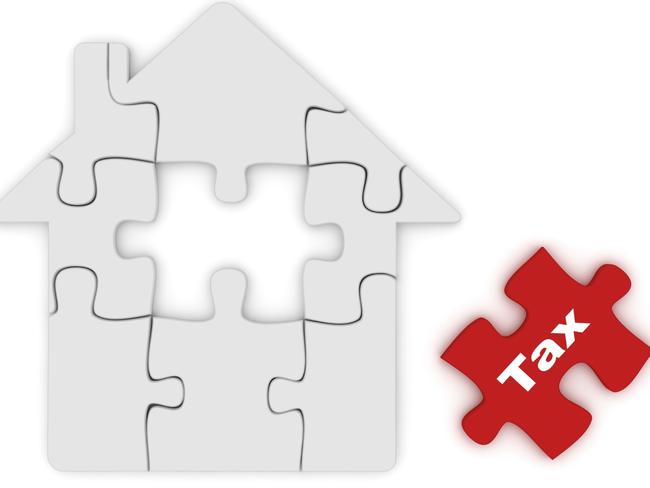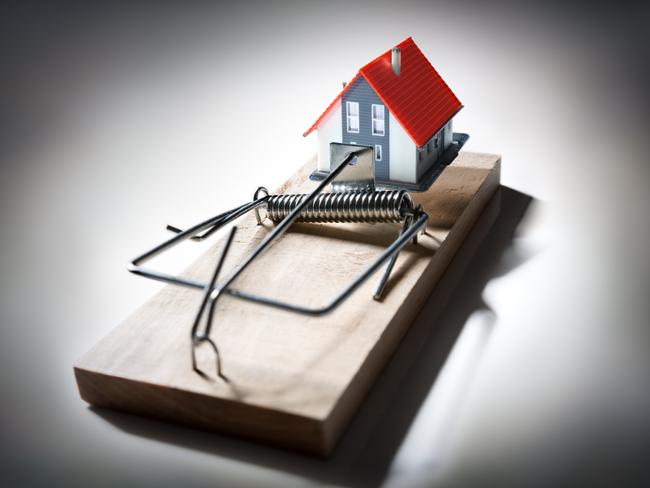Know the strategies to limit the tax hits on your family home
CAPITAL gains tax can be painful when profits get added to your taxable income from things like AirBNB. Increasingly, that asset is the family home — so it pays to know the rules.

Saver HQ
Don't miss out on the headlines from Saver HQ. Followed categories will be added to My News.
THE tax-free status of family homes is increasingly being challenged amid Australians’ lifestyle changes and a boom in renting out rooms to strangers.
People who share their homes on accommodation websites or house international students will turn their home partly taxable as soon as they earn an income from it, and there are other instances where part of a home’s sale proceeds may get taxed.
University lecturer, property investor and author Peter Koulizos said international students had become a great income earner for many homeowners.
“And there’s a lot of people doing AirBNB. If you are doing this the income is taxable and you will have some capital gains tax issues at the time you sell,” he said.

For most people the tax bill isn’t too painful, because only the proportion of the home and the portion of time used to earn income is taxable. “If the room is 10 per cent of the home, then 90 per cent of your capital gain on the sale of the property is still tax free,” Mr Koulizos said.
HLB Mann Judd tax partner Peter Bembrick said many people did not take tax into account when deciding to derive income from their home.
ANGER: Why seniors are furious about money’s moving goalposts
“Just because you don’t claim expenses doesn’t mean you are not exposed — that’s something that people don’t appreciate,” he said.
Mr Bembrick said other situations where tax got tricky included:
• Marriage breakdowns where one main residence became two, but tax rules did not allow an exemption on both properties;
• Buying a new home but treating the old one as an investment property;
• Moving overseas or interstate for work, although tax rules allowed people to treat their home as CGT-exempt for six years, even while renting it out.

“It is possible to buy a second property to live in and use the six-year absence rule for their original house. The trade-off is the second property will be exposed to CGT on sale,” he said.
This strategy could benefit retirees who downsized to an apartment but retained their longstanding original home — and its huge tax-free capital gains — for their children.
“Mum and dad may be prepared to pay CGT when they sell the apartment,” Mr Bembrick said.
The key is you can only have one tax-free family home at a time. “You have to make a choice about which one it is going to be.
“The rules contain many traps and opportunities that need careful planning to get the best outcome.”
Mr Koulizos said the common practice of keeping an old family home as an investment property when upgrading was “generally not a good idea”.
This is because it’s best to have tax-deductible debt rather than private debt, and an existing home with a small mortgage has fewer deductions to offset the income received from renting it out.
Originally published as Know the strategies to limit the tax hits on your family home
